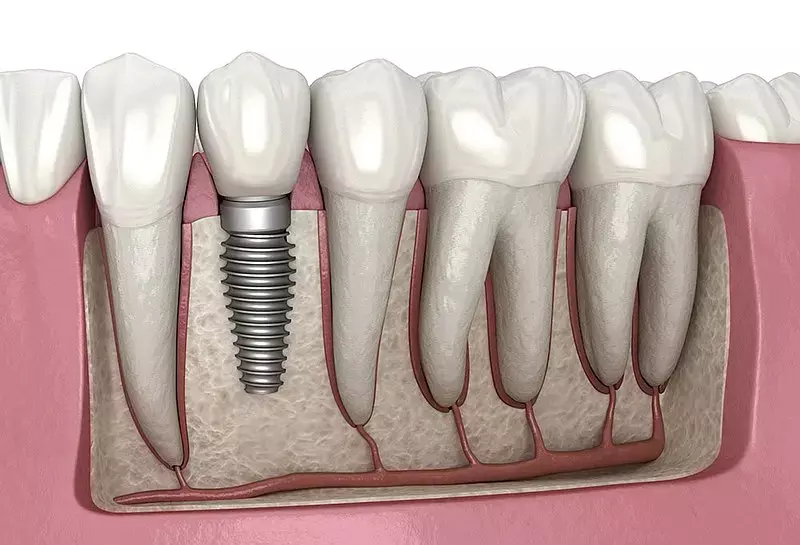- Home
- Medical news & Guidelines
- Anesthesiology
- Cardiology and CTVS
- Critical Care
- Dentistry
- Dermatology
- Diabetes and Endocrinology
- ENT
- Gastroenterology
- Medicine
- Nephrology
- Neurology
- Obstretics-Gynaecology
- Oncology
- Ophthalmology
- Orthopaedics
- Pediatrics-Neonatology
- Psychiatry
- Pulmonology
- Radiology
- Surgery
- Urology
- Laboratory Medicine
- Diet
- Nursing
- Paramedical
- Physiotherapy
- Health news
- Fact Check
- Bone Health Fact Check
- Brain Health Fact Check
- Cancer Related Fact Check
- Child Care Fact Check
- Dental and oral health fact check
- Diabetes and metabolic health fact check
- Diet and Nutrition Fact Check
- Eye and ENT Care Fact Check
- Fitness fact check
- Gut health fact check
- Heart health fact check
- Kidney health fact check
- Medical education fact check
- Men's health fact check
- Respiratory fact check
- Skin and hair care fact check
- Vaccine and Immunization fact check
- Women's health fact check
- AYUSH
- State News
- Andaman and Nicobar Islands
- Andhra Pradesh
- Arunachal Pradesh
- Assam
- Bihar
- Chandigarh
- Chattisgarh
- Dadra and Nagar Haveli
- Daman and Diu
- Delhi
- Goa
- Gujarat
- Haryana
- Himachal Pradesh
- Jammu & Kashmir
- Jharkhand
- Karnataka
- Kerala
- Ladakh
- Lakshadweep
- Madhya Pradesh
- Maharashtra
- Manipur
- Meghalaya
- Mizoram
- Nagaland
- Odisha
- Puducherry
- Punjab
- Rajasthan
- Sikkim
- Tamil Nadu
- Telangana
- Tripura
- Uttar Pradesh
- Uttrakhand
- West Bengal
- Medical Education
- Industry
One-piece dental implants induce lower stress values compared to two-piece dental implants : study

One-piece dental implants induce lower stress values compared with two-piece dental implants when used in All-on-4 implant-supported prostheses according to a recent study published in the International Journal of Oral & Maxillofacial Implants
A study was conducted to find out the difference in the stresses induced by one-piece monophasic and two-piece dental implants supporting All-on-4 implant-supported prostheses using finite element analysis.
Two finite element maxillary models were designed: In the two-piece model, two-piece dental implants were used, and in the one-piece model, one-piece dental implants were used. The dental implants were placed according to the All-on-4 treatment concept. The anterior implants were axially placed; however, the posterior implants were placed with a distal inclination of 15 degrees. In each model, the prosthetic superstructure was designed to be a titanium implant prosthesis with zirconia crowns. Three loading scenarios were applied in this study. The first scenario simulated the biting function with a total load of 250 N. The second scenario simulated incision function in which 90-N horizontal static load was applied to the palatal surface of central incisors. The third scenario simulated biting in the presence of a cantilever.
The results of the study are:
In the three loading scenarios, the stresses were higher in the two-piece model. Higher stress values were recorded posteriorly rather than anteriorly in both models.
Thus, one-piece dental implants induce lower stress values compared with two-piece dental implants when used in All-on-4 implant-supported prostheses.
Reference:
El Homossany, Mahmoud El-Moutassim Bellah, et al. "Finite Element Analysis of the Stresses Induced By One-Piece and Two-Piece Dental Implants Supporting All-on-4 Implant-Supported Prostheses." The International Journal of Oral & Maxillofacial Implants, vol. 37, no. 4, 2022, pp. 763-770.
Keywords:
El Homossany, Mahmoud El-Moutassim Bellah, Finite, Element, Analysis, Stresses, Induced, One-Piece, Two-Piece, Dental, Implants, Supporting, All-on-4, Implant-Supported, Prostheses, The International Journal of Oral & Maxillofacial Implants
Dr. Shravani Dali has completed her BDS from Pravara institute of medical sciences, loni. Following which she extensively worked in the healthcare sector for 2+ years. She has been actively involved in writing blogs in field of health and wellness. Currently she is pursuing her Masters of public health-health administration from Tata institute of social sciences. She can be contacted at editorial@medicaldialogues.in.
Dr Kamal Kant Kohli-MBBS, DTCD- a chest specialist with more than 30 years of practice and a flair for writing clinical articles, Dr Kamal Kant Kohli joined Medical Dialogues as a Chief Editor of Medical News. Besides writing articles, as an editor, he proofreads and verifies all the medical content published on Medical Dialogues including those coming from journals, studies,medical conferences,guidelines etc. Email: drkohli@medicaldialogues.in. Contact no. 011-43720751


